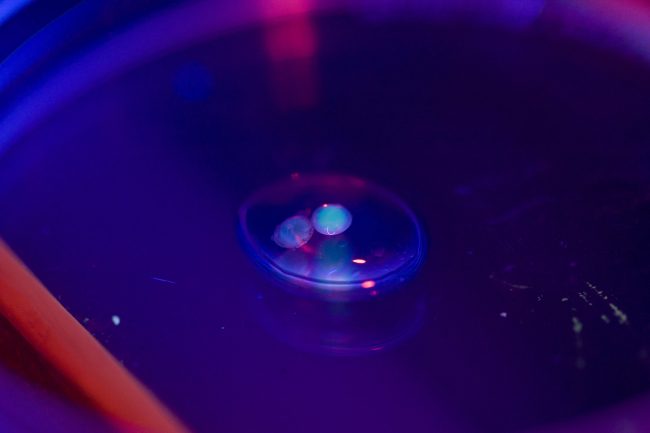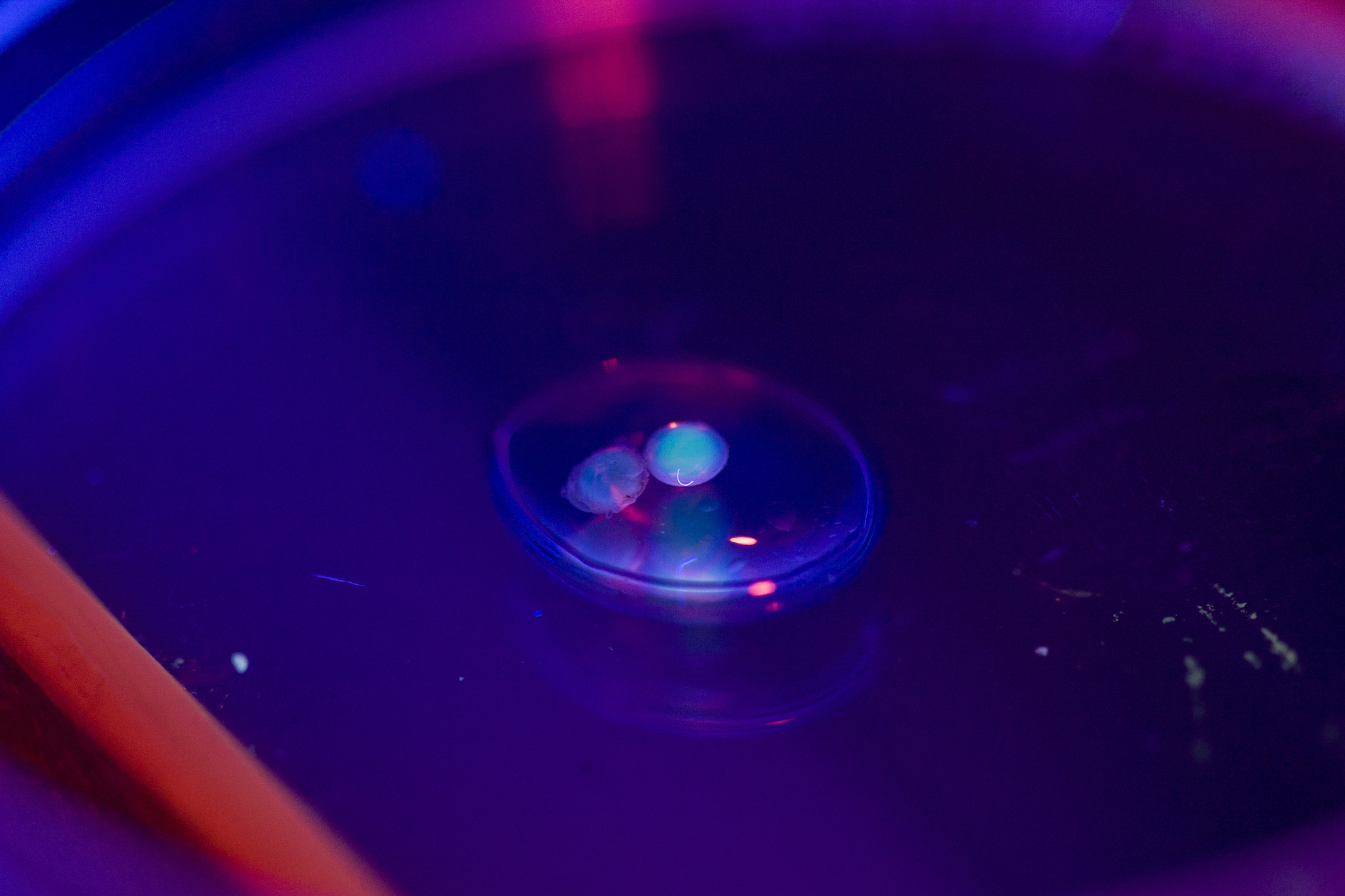|
Getting your Trinity Audio player ready...
|

When this author first heard of negative ions — freshman year biology — she never thought they could have such a big impact on the human body. Ions are small electrical atoms and/or molecules that get their charge by losing and gaining one or more ions.
After experiments with animals — performed by the researchers at the Goldstein and Lewin Department of Medical Research in Stahnsdorf, Germany — there was a discovery of a link between neurotransmitters regulation and lifespan after depriving the animals of negative ions.
To begin their testing they worked on mice and rats. Scientists would then place them in airtight acrylic casings. Then they filtered the ambient air to remove all negative ions. This led to the conclusion that animal death is related to disturbances in neurohormonal regulation and pituitary insufficiency.
Another study done at the Russian Academy of Sciences in Moscow was able to find that the negative ion help protects the body from induced physical stress. By exposing immobilized rats to negatively charged air ions they realized that there was a change in acute stress.
At the Center for Sport and Exercise Sciences, researchers men to negative ions and measured physiological responses. These physiological responses came back all positive. Subjects would have better heart rates, body temperatures, and respirations.
Due to these ions float in the air. Making it easier to do physical activities like jogging and hiking. They also can change our moods based on the atmosphere. For example, some people may feel calm when they are next to a waterfall or when it rains.
They are most active in areas that have ultraviolet rays from the sun, anywhere that water collides, and anywhere after a storm (mostly after thunderstorms and lightning). Although there are many befits to ions scientists have not yet found if they enhance breathing ability, lower blood pressure, and reduce anxiety.
However, there has been a study showing that hours of exposure to these ions could help with depression and depressive state of being. It does NOT cure general mental health. They can also help regulate sleep patterns, boost immune system function and metabolism, and also lower the spread of bacteria and viruses. These electric-based ions can cause mass amounts of static electricity, could worsen Asthma, and potentially make you more susceptible to lung disease.
Air pollution is also another factor that can make negative ions bad for your health. Smaller ions are more easily absorbed by the human body through the skin and breath. Air pollution affects the ions that go through them, making people more vulnerable to illnesses like:
- Cancer;
- Bronchitis;
- Pulmonary disease;
- As well as emphysema.
Dust, viruses, cigarette smoke, mold spores, and pollen can all attach to negative ions. Professors and Doctors, like Michael Terman, are focusing on cleaning the air, reducing pathogens, and treating depression.
Some of the best ways to charge these magic atoms and molecules while in quarantine are taking a shower and getting some sun by taking a walk while still social distancing and wearing masks. With coronavirus still spreading you want to keep as many good negative ions as possible.
If you happen to experience a thunderstorm try relaxing and find a dry and safe spot to stand and take in the storm. Try to avoid polluted areas and stay up to date with the news on any quarantined areas in your town or city.
Written by Trinity Simmons-Brooks
Edited by Sheena Robertson
Source:
Nutrition Reviews: The Positive Health Benefits of Negative Ions
Healthline: The Effect of Negative Ions
HealthyLine: Wellness Benefits of Negative Ions
Top and Featured Image courtesy of Bryan Jones Flikr Page––Creative Commons



